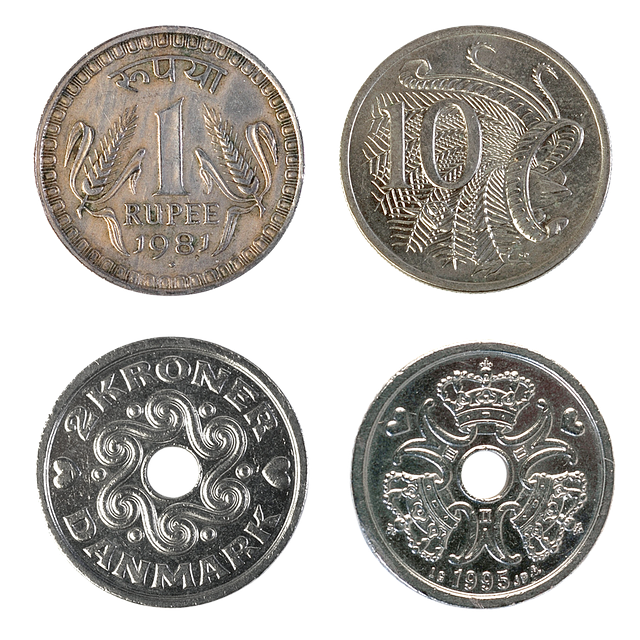A car title loan rollover provides quick cash using your vehicle's title as collateral but comes with high interest rates due to short repayment terms. Alternatives like extending loan terms, applying for low-interest personal loans, selling items, or cutting expenses can avoid these costs. Rollovers are convenient but trap users in high debt; consider renegotiating terms, seeking financial assistance, or a Title Transfer with caution. Secured Loans backed by another asset offer lower rates and better terms.
Are you facing financial strain and considering a car title loan rollover? While it might seem like the only way out, exploring alternatives is crucial before making any decisions. This article guides you through understanding car title loan rollovers—what they are and when they’re necessary—and offers insights into other repayment strategies. Discover options beyond a rollover to help you navigate your financial challenges effectively.
- Understanding Car Title Loan Rollover: What It Entails and Alternatives
- When Is a Car Title Loan Rollover Necessary? Common Scenarios
- Exploring Other Options: Repayment Strategies Beyond a Rollover
Understanding Car Title Loan Rollover: What It Entails and Alternatives

A Car title loan rollover might seem like the only way out when facing financial strain, but it’s essential to understand what this entails and explore alternatives. This type of loan involves using your vehicle’s title as collateral for a new loan, allowing you to access immediate funds. However, it comes with higher interest rates compared to traditional loans due to the shorter repayment period and the urgency of the lender. In Dallas, where Dallas Title Loans are prevalent, borrowers often find themselves in a cycle of debt, as the initial loan amount plus accrued interest must be repaid quickly.
While a rollover might provide quick cash, it’s not the only option available. Assessing your financial situation and considering alternatives like negotiating with lenders for extended terms or seeking out low-interest personal loans can help avoid the high costs associated with car title rollovers. Additionally, exploring options to sell unwanted items for extra money or even considering a temporary reduction in expenses could offer more sustainable solutions without putting your vehicle’s title at risk.
When Is a Car Title Loan Rollover Necessary? Common Scenarios

When is a car title loan rollover necessary? Well, there are several common scenarios where this option becomes your best bet. If you’ve already taken out a car title loan but find yourself in a financial bind before it’s fully paid off, a rollover might be required to avoid defaulting on the loan. This situation often arises when unforeseen circumstances lead to cash flow issues, such as job loss, medical emergencies, or unexpected repairs.
Another scenario involves individuals seeking same-day funding for various reasons. Whether it’s an emergency expense or a business opportunity that needs quick capital, semi truck loans with car title loan rollover options can provide the necessary liquidity without strict credit checks. Unlike traditional loans that may have stringent eligibility criteria, these loans cater to borrowers who might not have perfect credit but still require access to funds fast, ensuring they get the help they need without delays.
Exploring Other Options: Repayment Strategies Beyond a Rollover

If you’re considering a Car title loan rollover, it’s crucial to explore other repayment strategies available to you. While rollovers might seem like the easiest path, they often trap borrowers in a cycle of high-interest debt. Instead, investigate options like renegotiating terms with your current lender or seeking financial assistance from non-profit organizations specialized in helping consumers exit loan traps.
A Title Transfer could be another viable alternative, allowing you to sell your vehicle’s title to a third party for cash. This approach provides immediate financial relief but requires careful consideration of the associated risks and long-term implications. Additionally, Secured Loans offer lower interest rates compared to Car title loans and can provide much-needed breathing room. They require collateral, usually in the form of another asset, but it’s a safer option that doesn’t tie your vehicle’s title up indefinitely.
When considering your options with a car title loan, it’s essential to explore all possibilities beyond just a rollover. Understanding when a rollover might be necessary, as discussed in scenarios where immediate cash flow is required or vehicle ownership retention is crucial, can empower you to make an informed decision. However, exploring alternative repayment strategies and seeking professional advice can open doors to more sustainable solutions that avoid the potential drawbacks of frequent rollovers. Remember, while a car title loan rollover may seem like the only option at times, it’s always wise to investigate other avenues first.






